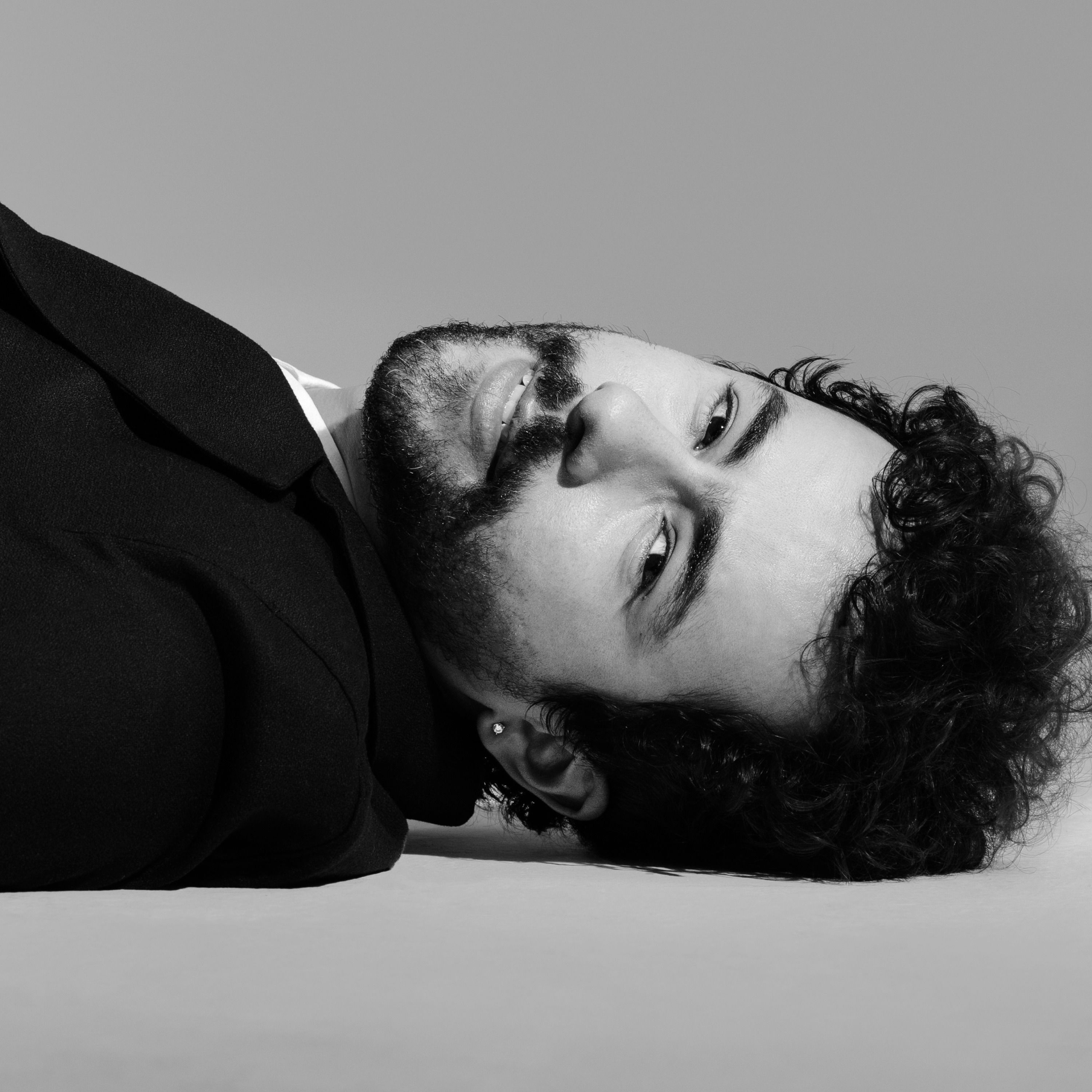
'The Interview': Ramy Youssef Is Just Trying to Be ‘Emotionally Correct’
Description
The creator and comedian discusses his penchant for self-reflection, how politics fits into his work and why he’s not interested in representing anyone but himself.Unlock full access to New York Times podcasts and explore everything from politics to pop culture. Subscribe today at nytimes.com/podcasts or on Apple Podcasts and Spotify.
Summary
Short Summary
In this episode, Ramy Youssef discusses his new animated series 'Number One Happy Family USA', the complexities of the immigrant experience, and the balance between comedy and political commentary.
Detailed Summary
Exploring Identity Through Animation
Ramy Youssef’s New Venture
Lulu Garcia Navarro introduces the episode speaking about Ramy Youssef's new animated series, Number One Happy Family USA, highlighting its humorous take on the immigrant experience set against the backdrop of 9/11. Ramy, who was deeply influenced by the dislocation he felt during his childhood, shares that “the family in this show, they already have a lot going on before that happens” (04:16).
Diving into Film
Ramy discusses his current project directed by Jesse Armstrong, known for Succession, acknowledging how surreal it is to collaborate with someone he admires. He shares, “to get to be, you know, in this really small cast of his first film that he’s directing, it’s really special” (02:24). The film centers around a group of billionaires amid a financial crisis, inviting deeper conversations about economic dynamics while focusing intensely on character relationships (03:22).
Humor as Hope
Fielding questions about his animated series, Ramy notes the balance of humor and serious themes within Number One Happy Family USA. He captures how the storytelling allows for a “silly lens” to approach serious topics, noting, “to get to give this kind of family that treatment is really exciting” (05:04). Emphasizing the importance of relatability, he reflects on capturing universal experiences often surrounding immigrant families as they navigate identity and belonging.
Reflection on Immigrant Experience
Garcia Navarro and Youssef touch on the broader implications of immigrant identities as reflected in the US. Ramy states, “I think the thing that compelled me is… how long these themes have been directly a part of my life” (04:36). He recognizes the trend across generations trying to understand what it means to be American, reiterating that “a big part of the immigrant experience is trying to figure out what it means to be American” (06:36).
Authenticity over Representation
Applying humor to his work continually, Ramy expresses discomfort with the weight of representation. He mentions the reaction to Rami that labeled it as “the show for you” to Muslim audiences, clarifying, “this is not speaking in mass at all… This is stuff that…makes me laugh” (12:23). He emphasizes wanting to create honest stories instead of traditional narratives often expected of marginalized communities.
Artistic Choices
As he discusses his creative process, Youssef reveals a desire to tackle storytelling authentically, presenting characters that resonate with genuine emotions. He describes his approach to character dynamics, saying it's essential to reflect “how people behave” rather than attempting to model behavior universally (14:00). This detail captures the essence of his comedic lens while inviting viewers to connect through shared vulnerabilities.
Political Commentary in Comedy
Youssef reflects on societal expectations for comedians, touching on the notion that entertainment often comes with a political weight. He mentions that while his work contains political elements, his priority is “to try and hit what something feels like right on the head” rather than serving as a political mouthpiece (18:50). He advises that creating art is about feeling emotionally correct: “the obligation to be emotionally correct” (18:18).
Navigating Serious Topics
Speaking to the challenges of being a Palestinian artist, Ramy explains how his connection to personal stories strengthens his narrative voice. Addressing the complexities surrounding current global crises, he claims, “the clear line for us was, we’re going to keep this about the characters” (20:48). Asserting that humor and tenderness are at the core of his art’s creation enables Ramy to provide that emotional grounding necessary for addressing sensitive topics.
Insights into Collaborative Creativity
Describing his experience working within ensembles, he appreciates collaborative efforts that merge individual perspectives into one cohesive narrative. Youssef notes that the best stories, like in his series, should serve philosophies rather than become a vehicle for individual aspiration: “there’s none of this, I’m the director energy or I’m the star energy” (38:00). This ethos shows his commitment to communal storytelling, allowing diverse contributors to flourish together.
The Multifaceted Nature of Comedy
Concluding the interview, Ramy highlights that the nature of comedy continues to change, with rising voices finding novel avenues in digital spaces. He states, “the individual voice has like more outlets than ever” (26:10). This expansion invites a refreshing dialogue around how stories are told, ensuring that they remain reflective of diverse actions and viewpoints.
Through all these discussions, Ramy Youssef emerges as a thoughtful creator aiming to blend humor, identity, and the immigrant narrative while insisting on emotional honesty and collaboration.
Keywords
Hosts
Lulu Garcia Navarro
The New York Times
Guests
Ramy Youssef
Hulu
Creator and Comedian